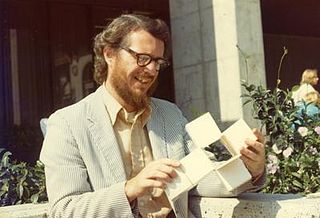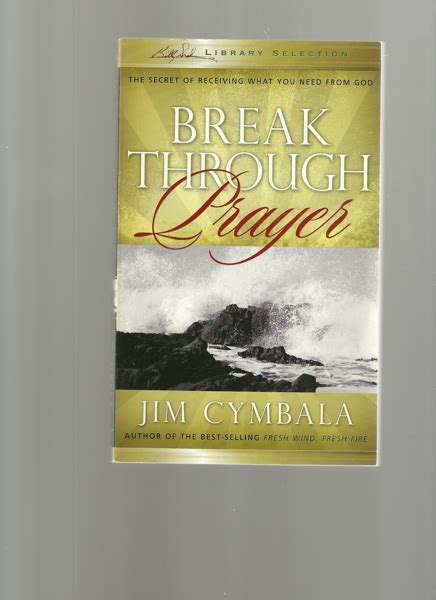A Quote by Thomas Banchoff
All of us are slaves to the prejudices of our own dimension.
Quote Topics
Related Quotes
We are slaves, all of us...Some are slaves to fear. Others are slaves to reason—or base desire. It is our lot to be slaves...and the question must be to what shall we owe our indenture? Will it be to truth or to falsehood, hope or despair, light or darkness? I choose to serve the light, even though that bondage often lies in darkness.
In war," answered the weaver, "the strong make slaves of the weak, and in peace the rich make slaves of the poor. We must work to live, and they give us such mean wages that we die. We toil for them all day long, and they heap up gold in their coffers, and our children fade away before their time, and the faces of those we love become hard and evil. We tread out the grapes, another drinks the wine. We sow the corn, and our own board is empty. We have chains, though no eye beholds them; and are slaves, though men call us free.
We need to repent of the haughty way in which we sometimes stand in judgment upon Scripture and must learn to sit humbly under its judgments instead. If we come to Scripture with our minds made up, expecting to hear from it only an echo of our own thoughts and never the thunderclap of God's, then indeed he will not speak to us and we shall only be confirmed in our own prejudices. We must allow the Word of God to confront us, to disturb our security, to undermine our complacency and to overthrow our patterns of thought and behavior.
Some of Kant's particular moral opinions, either because he shared the prejudices of his time, or because of his own personal crotchets, can strike sensible people as ridiculous or offensive. But in my view, his own theory provides us with the resources (the best resources available, I believe) to correct his own personal errors or cultural prejudices.
If we repeatedly read the Bible without the help of the Holy Spirit, it tends to reinforce our own prejudices and rock-hard doctrinal positions. We end up merely finding ammunition for what we already believe. We become so spiritually proud, so convinced of our own positions, that the Spirit is hindered in helping us to grow in the things of God.







































